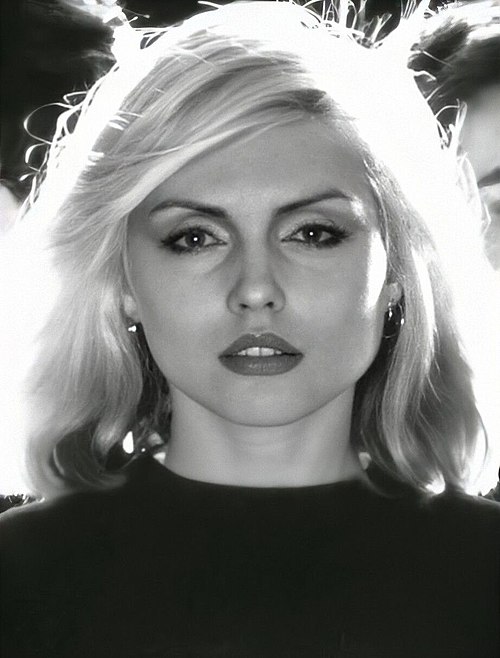Echoes of a Fading Era: A Nostalgic Cry Against the Tides of Change | Rapture | Blondie

The song "Rapture" by Blondie is a iconic hit that has stood the test of time. Released in 1981, the song was a departure from the band's typical new wave sound, instead incorporating elements of hip-hop and rap.
Lyrically, "Rapture" is a nostalgic reflection on the changing times, with lead singer Debbie Harry lamenting the passing of an era. The lyrics paint a vivid picture of 1970s New York City, referencing iconic landmarks like Times Square and the Brooklyn Bridge. However, beneath its catchy surface lies a social commentary about the rapid change and decline of urban culture.
The song's influence, both musically and culturally, cannot be overstated. "Rapture" is often credited with being one of the first mainstream songs to incorporate hip-hop elements, paving the way for future artists like the Beastie Boys and LL Cool J. The track's innovative blend of rock and rap also helped to define the post-punk era, a period marked by experimentation and genre-bending.
Musically, "Rapture" is characterized by its driving beat, courtesy of drummer Clem Burke, and Harry's distinctive vocals. The song's chorus, with its soaring guitar riff and memorable hooks, has become one of Blondie's most beloved and enduring songs.
Throughout the years, "Rapture" has remained a staple of popular culture, appearing in films like The Wedding Singer and Forgetting Sarah Marshall. Its influence can also be seen in contemporary music, with artists from Kendrick Lamar to Lady Gaga drawing inspiration from its innovative blend of styles.

